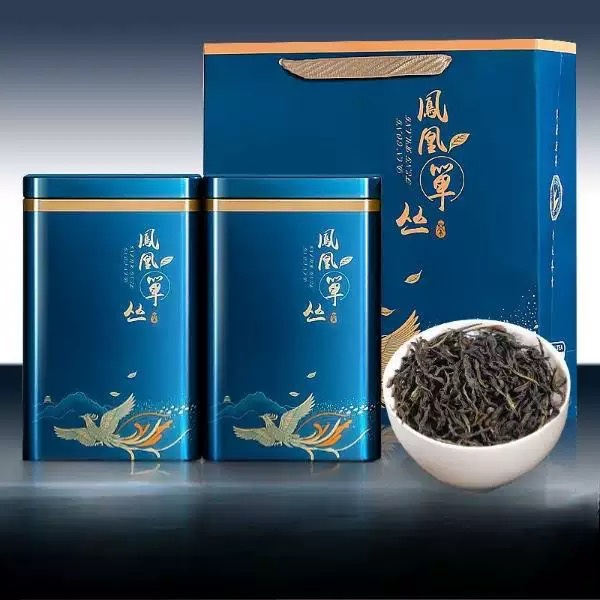
本身。
html
Duck Shit Aroma Dancong Oolong Tea: A Unique and Fragrant Delight
Among the vast array of Chinese teas, Duck Shit Aroma Dancong Oolong Tea stands out as one of the most intriguing and flavorful varieties. Despite its unusual name, this tea is celebrated for its complex aroma and rich taste, making it a favorite among tea connoisseurs.
The Origins of Duck Shit Aroma Dancong
The name “Duck Shit Aroma” (鸭屎香, Yā Shǐ Xiāng) might raise eyebrows, but its origins are rooted in folklore rather than literal meaning. According to legend, a tea farmer in Guangdong’s Phoenix Mountain region named this tea to deter thieves from stealing his prized plants. The unappealing name was meant to disguise its true value, but the tea’s exceptional quality eventually made it famous.
What Makes This Tea Special?
Duck Shit Aroma Dancong is a type of Phoenix Dancong Oolong, known for its floral and fruity notes. The leaves are carefully hand-picked and processed using traditional methods, resulting in a tea with a captivating fragrance reminiscent of orchids, honey, and tropical fruits.
- Aroma: Intensely floral with hints of citrus and sweet honey
- Taste: Smooth, with layers of fruity and floral flavors
- Aftertaste: Long-lasting and refreshing
How to Brew Duck Shit Aroma Dancong
To fully appreciate this tea’s complexity, proper brewing is essential:
- Use spring water heated to 195–205°F (90–96°C)
- Rinse the leaves briefly with hot water to awaken their aroma
- Steep for 20–30 seconds for the first infusion
- Gradually increase steeping time with subsequent brews
This tea can be rebrewed 7–10 times, with each infusion revealing new nuances in flavor.
Why Tea Lovers Cherish This Variety
Beyond its amusing name, Duck Shit Aroma Dancong represents the pinnacle of artisanal tea craftsmanship. Each batch carries subtle differences based on:
- Altitude of the tea garden
- Precise oxidation level
- Roasting techniques
- Terroir of the Phoenix Mountain region
Keyword: Duck dung fragrant DancongOolong Tea
For those seeking an extraordinary tea experience, this variety offers a perfect balance of aromatic complexity and drinkability, proving that sometimes the most unassuming names hide the most remarkable treasures.